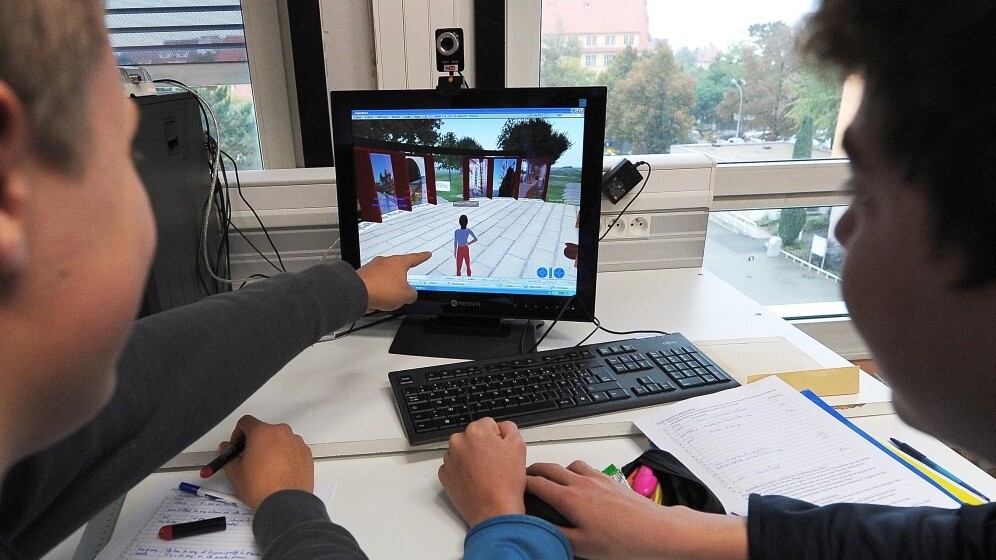
School pupils in England are set to get a boost to their digital skills following proposed reforms to the education curriculum from September 2014.
The document, published today (PDF), reveals that more of a focus on technology-related skills will be among the priorities for primary and secondary school children.
For example, primary school children from the age of five will no longer be taught word processing skills, but instead will be allowed to design and test computer programmes they have written themselves. Kids of this age will also all be taught internet safety, how to spot danger online and how to keep personal details private in computing lessons.
At secondary school, pupils will continue their learning by being taught a variety of different programming languages as well as learning about networked computer systems, the relationship between hardware and software.
The design and technology syllabus has also been overhauled to teach children from the age of five how to design, plan, build (and evaluate) a product from having an idea all the way through to the finished item. Slightly older children, from seven years of age, will be able to incorporate mechanical and electrical systems (such as bulbs and motors) into their designs.
Secondary school-aged children will also be getting new design and technology lessons which including learning to use 3D printers, laser cutters and robotics in lessons in their pursuit of subjects such as mathematical modeling and biomimicry. Pupils will also get the chance to learn how to programme and implement processors into their designs, too.
Skills shortage
It’s good to see the UK government overhauling the education system at the primary and secondary school level to include more focus on design, technology and computing across the board. While London, and more widely, the UK has become well known for its prowess in nurturing the fresh green shoots of tech entrepreneurship, there is also a shortfall in the number of appropriately skilled applicants for technical positions, leading to a highly competitive recruitment pool, that, ultimately, ‘the little guy’ often struggles to get the best of.
Even children’s history lessons can’t escape the tech touch, as they will now be expected to be able to draw comparisons between significant figures in history, which now includes Sir Tim Berners-Lee, inventor of the Web.
The proposed changes to the curriculum have been part of an ongoing overhaul started earlier in the year, which has already seen revisions following feedback. The public consultation process and feedback to this final draft of the new curriculum will be open until “Autumn” of this year.
It should also be noted that only schools under local authority control will teach this curriculum, whereas free schools and academies have the option to simply opt-out. Schools in Scotland, Northern Ireland and Wales also do not have to follow the same curriculum.
Featured Image Credit – AFP/Getty Images
Get the TNW newsletter
Get the most important tech news in your inbox each week.




